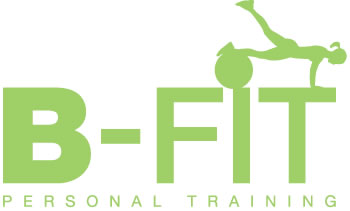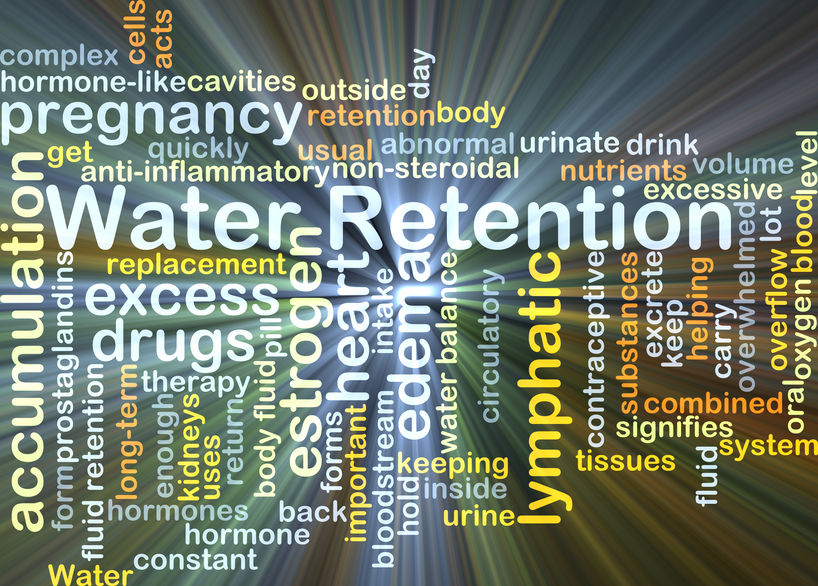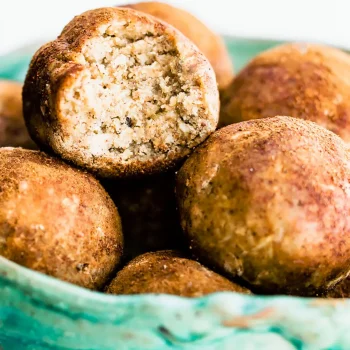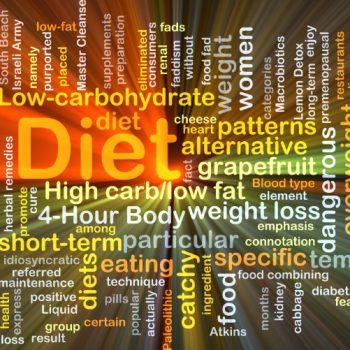Swollen and bloated are just some of the dreaded symptoms associated with water retention. It can ruin your mood on a good day, making you feel uncomfortable, while swollen ankles and fingers may mean you’re not able to wear your favourite shoes and rings. Thankfully there’s lifestyle steps you can take to alleviate the symptoms – be it adapting your nutrition, moving more, or taking supplements.
WHAT IS WATER RETENTION?
Water retention, also known as oedema, occurs when fluid isn’t removed efficiently from the body tissues, including the skin. There are two types of oedema: generalised, all over your body, or localised, in particular parts of your body.
CAUSES OF WATER RETENTION
Some causes of water retention can be more lifestyle related and others more indicative of a possible underlying medical condition like kidney/liver disease or heart failure. If you’re experiencing sudden or severe water retention, seek medical attention immediately.
In cases where the swelling is mild and there is no underlying health condition, you may be able to reduce water retention with a few simple tricks. More on this later!
For now, here’s a list of possible causes:
- Hot weather
- Pregnancy
- Menstruation
- Dehydration – when the body doesn’t know when it’ll get more, it retains the water it has
- Physical inactivity e.g. bedridden, long haul flights, sitting and driving a lot
- Standing for long periods of time
- Contraceptive pill
- Dietary deficiencies such as insufficient protein, vitamin B1
- Medications such as those for high blood pressure, steroids, anti-depressants
- Chronic venous insufficiency, weakened valves in the veins of the legs
- High salt intake – salt binds to water and so holds onto it causing retention
- Being overweight
- Burns, bites, stings, infection and injuries
- Blood clot
SYMPTOMS OF WATER RETENTION
These are common symptoms:
- Swollen and puffy feet, ankles, legs and hands
- Bloated stomach
- Weight fluctuations
- Joints feel stiff and ache
- When pressed the skin may hold the indent for a few seconds
- Shiny, stretched or red skin
WAYS TO REDUCE WATER RETENTION
Reducing water retention is something that hasn’t been studied much. However, there’s definitely a number of ways to alleviate it which are most certainly worth trying. Here they are:
- Lie down, use pillows or a wall to elevate the swollen area
- Do some exercise, like walking, to improve blood flow
- Do not stand or sit for long periods of time, take regular breaks
- Do not wear clothes, socks or shoes that are too tight
- Check with your doctor that any medication you’re on is ok
- Eat more vitamin C rich foods – asparagus, cabbage, cucumber, parsley, and salad leaves are high in vitamin C which is a natural diuretic. You could also try this VITAMIN C supplement
- Increase your protein intake as it encourages your body to shed excess fluid
- Cut back on dehydrating drinks such as coffee, tea and alcohol
- Cranberry juice has mild diuretic properties
- Drink more water
- Watch your salt intake during cooking and that added at the table
- Avoid naturally salty foods and especially processed foods
- Try a natural diuretic (water pill), some herbal remedies are known to increase the kidney’s fluid output which helps to control water retention
- Eat more potassium-rich foods – potassium appears to help reduce water retention in two ways, by decreasing sodium levels and increasing urine production. Bananas, avocadoes and tomatoes are high in potassium
- Avoid refined carbs – eating refined carbs leads to spikes in blood sugar levels and so insulin. High insulin levels cause your body to retain more sodium by increasing the re-absorption of sodium in the kidneys. This leads to more fluid volume inside your body
- Increase magnesium intake – studies have shown that increasing magnesium can reduce water retention in women with premenstrual symptoms. Good sources of magnesium include nuts, whole grains, dark chocolate and leafy, green vegetables. It’s also available as a MAGNESIUM supplement for added support
- Increase vitamin B6 intake – studies have shown that vitamin B6 has been shown to reduce water retention in women with premenstrual syndrome. Foods rich in vitamin B6 include bananas, potatoes, walnuts and meat. It’s also available as a VITAMIN B COMPLEX supplement for added support
- Try taking dandelion leaf extract – this is a herb that has natural diuretic qualities
LET’S WRAP THIS UP …
These simple dietary changes may help reduce water retention.
For starters, you can try eating less salt, by cutting back on processed foods. You can move more and paradoxically drink more water. There’s lots you can try!
A very good indicator that things are working and moving in the right direction is if you’re peeing a lot!!!
However, if your water retention persists or becomes progressively worse, then you may want to pay a visit to the doctor to be on the safe side.
Love Gaynor x





